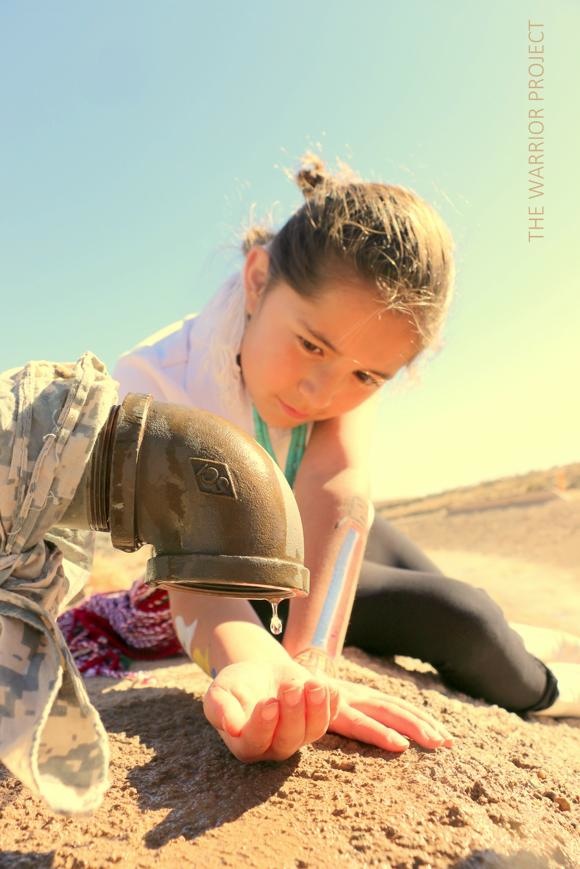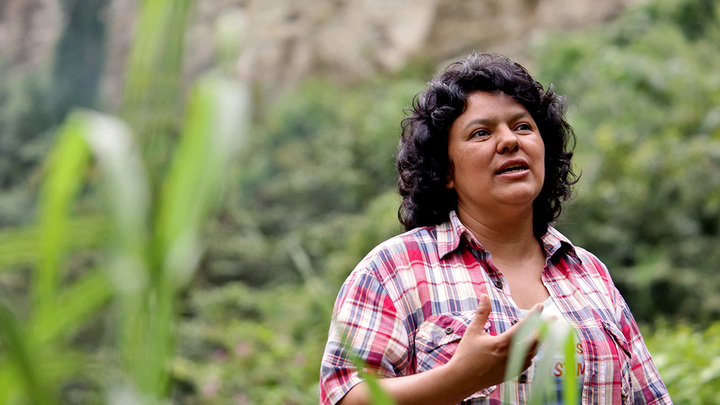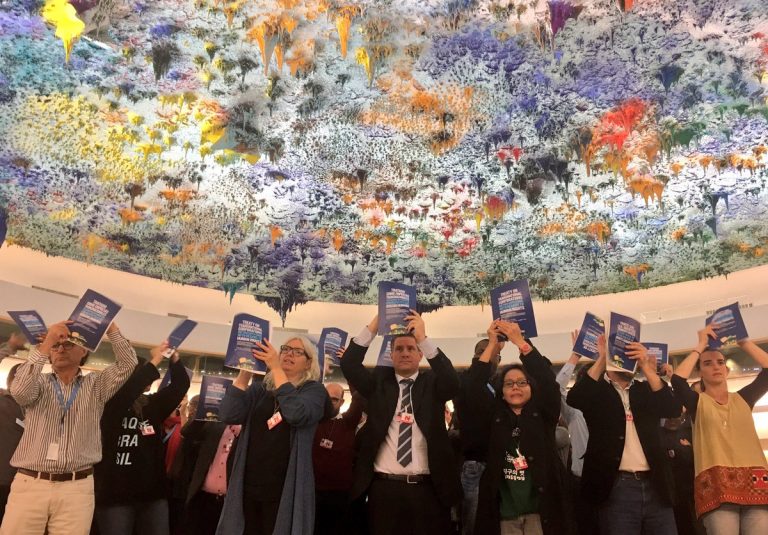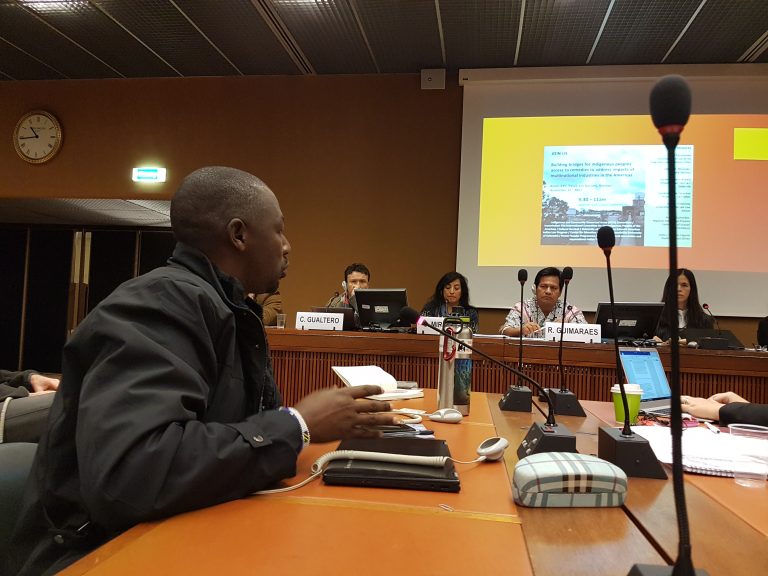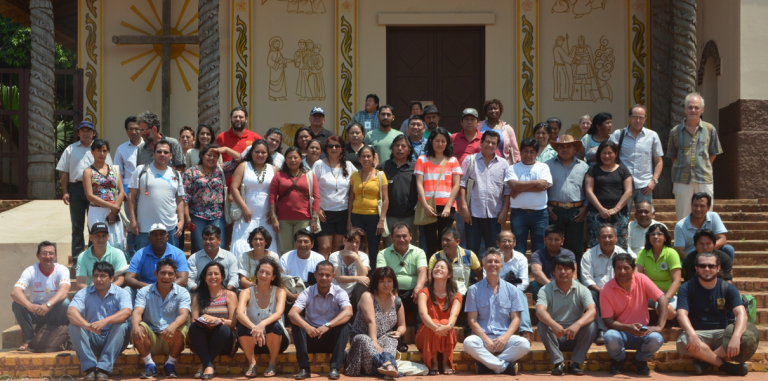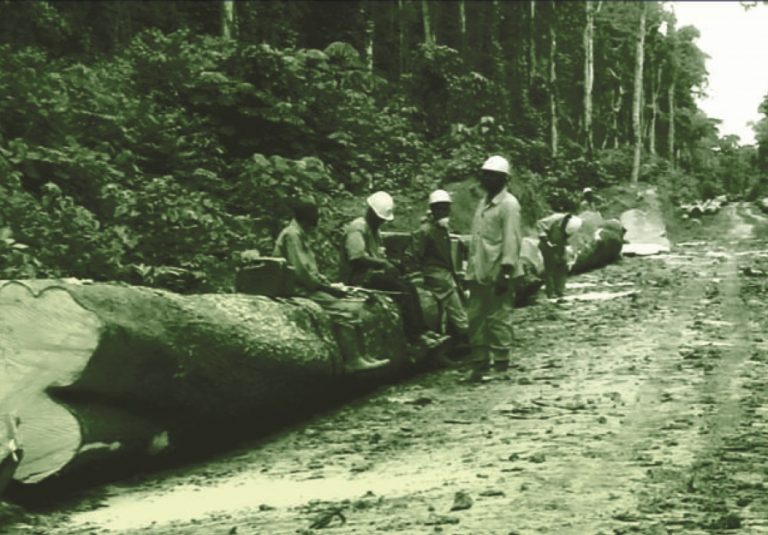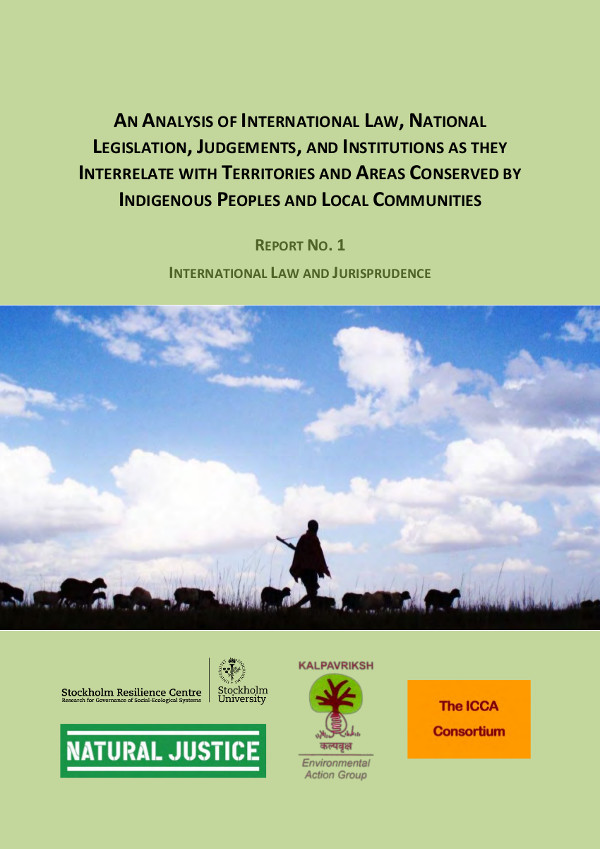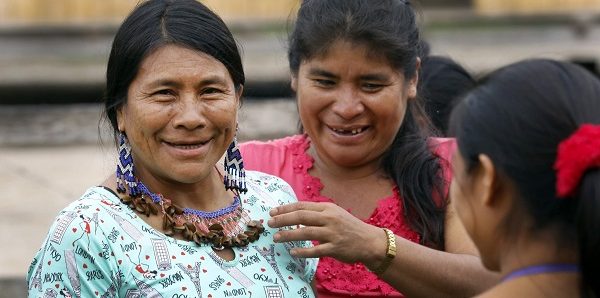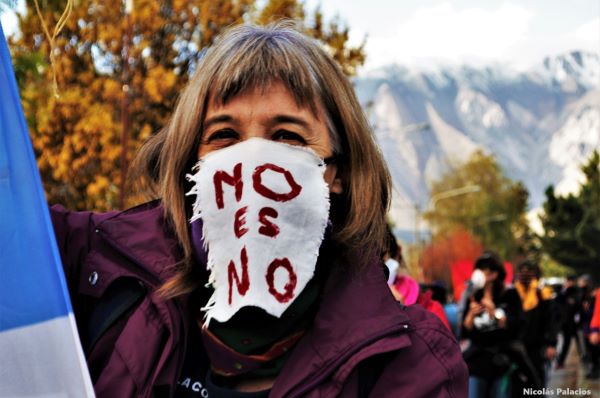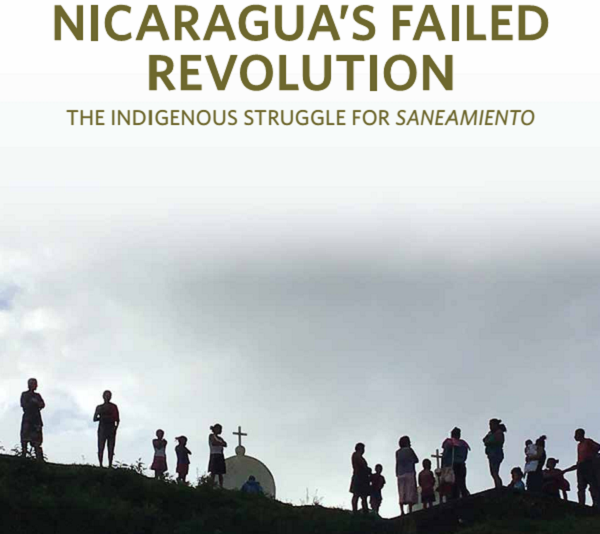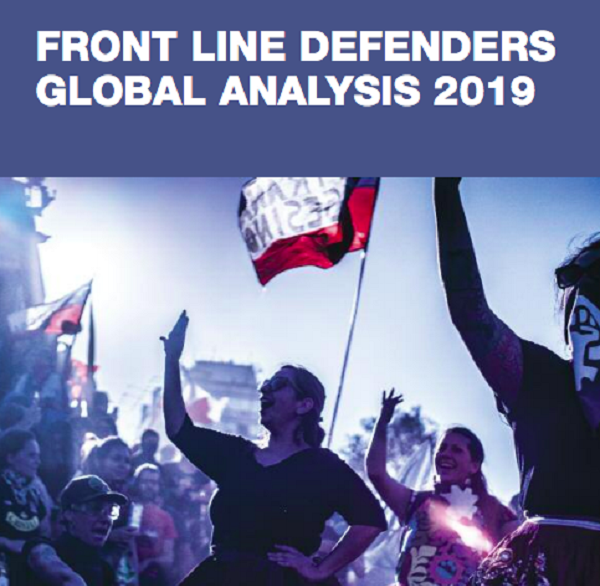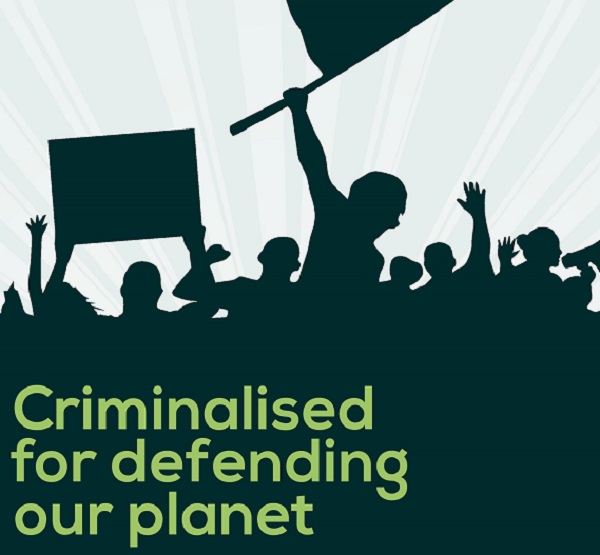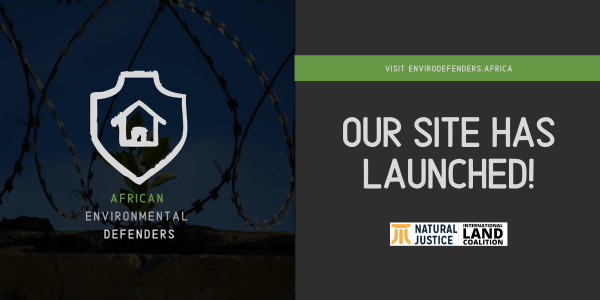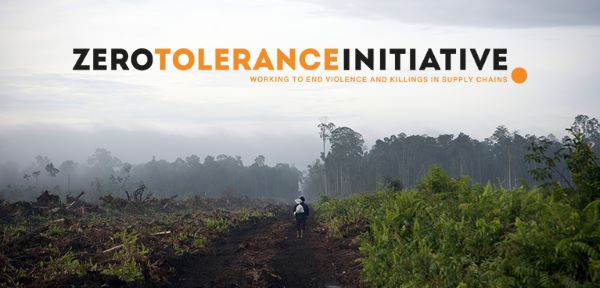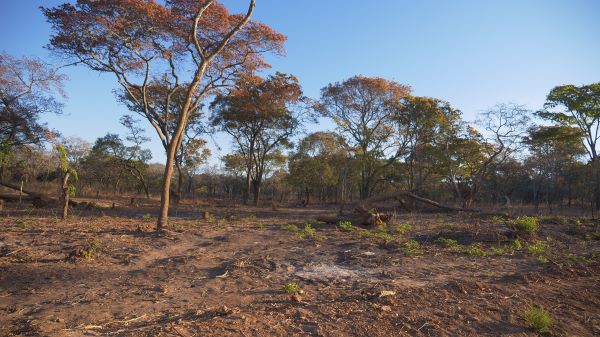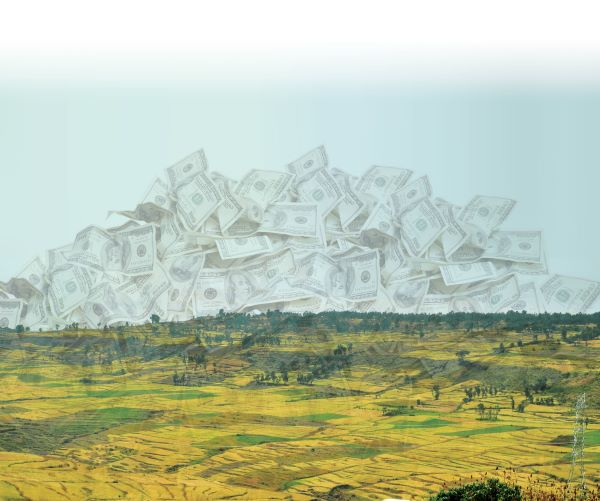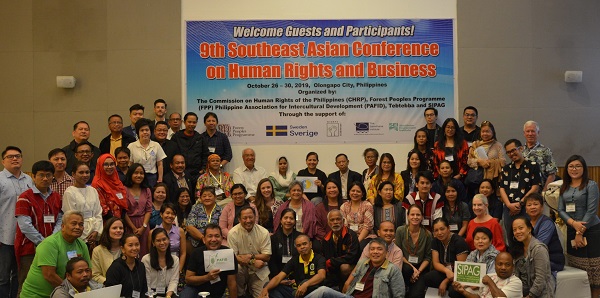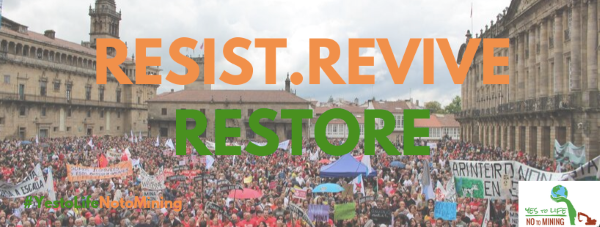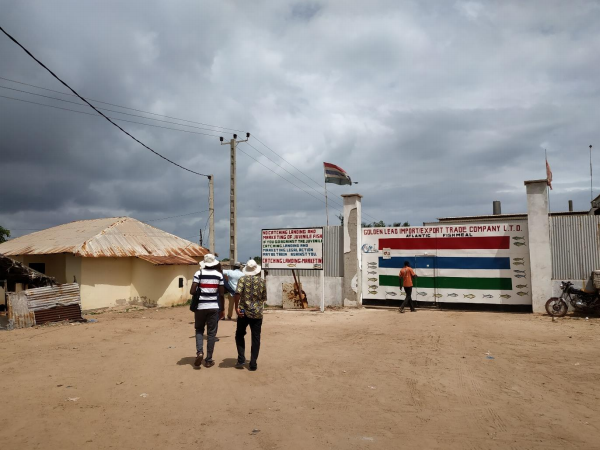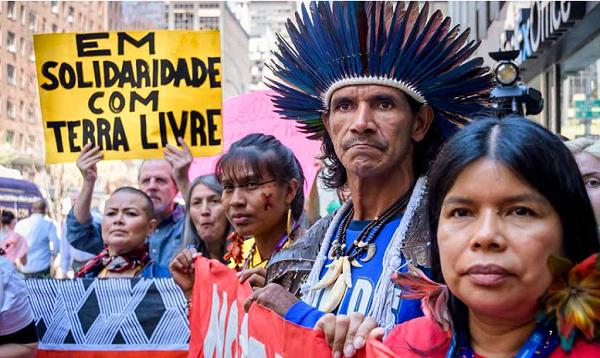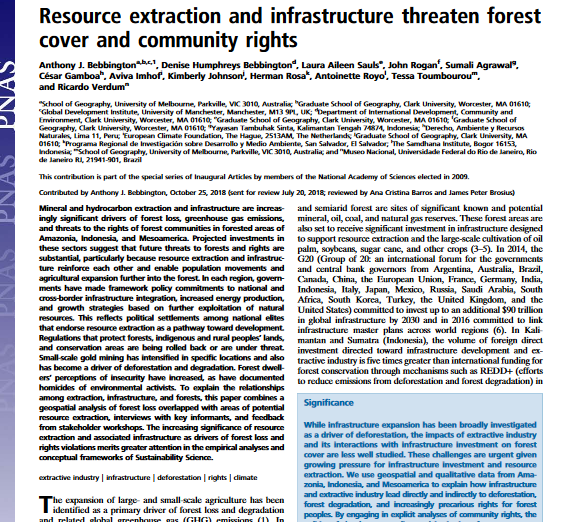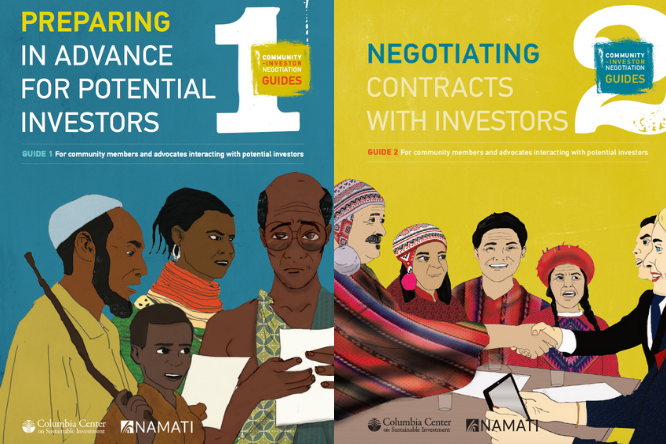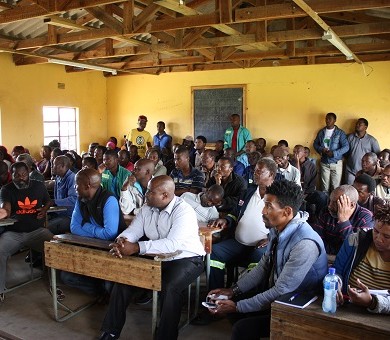ICCAs are rich with natural resources such as forests, rivers, fisheries and sub-surface minerals. As such, they are often the targets of aggressive industrial extraction, which can inflict a range of environmental and human rights violations. National and multinational enterprises are often arranged and financed through complex corporate structures and investment chains that make it more difficult to identify and hold those responsible for such violations. However, some advances are slowly being made at the international level, including the adoption of the UN Guiding Principles on Business and Human Rights (also known as the “Ruggie Framework”) in 2007, and the strengthening of policies and safeguards of international financial institutions such as the World Bank Group and intergovernmental organisations such as OECD. UN human rights procedures are increasingly active as well. The Permanent Forum on Indigenous Issues held an international expert workshop in 2009 on indigenous peoples’ rights, the extractive industry and corporate social responsibility. The (former) UN Special Rapporteur on the rights of indigenous peoples, Professor James Anaya, focused his final report to the Human Rights Council in 2013 on extractive industries and indigenous peoples. In 2014, the Human Rights Council established an open-ended intergovernmental working group to elaborate an international legally binding instrument to regulate, in international human rights law, the activities of transnational corporations and other business enterprises.
The ICCA Consortium and its Members are getting increasingly involved in this area of law and policy, with a particular emphasis on supporting environmental and human rights defenders and protecting ICCAs as “no go” areas against unjust and environmentally destructive enterprises. This includes efforts to establish a Solidarity and Action Fund for Defenders of the Commons and ICCAs and pursuing remedy and redress for specific cases of violations such as through UN human rights treaty bodies and national human rights institutions. It also includes promoting stronger recognition of indigenous peoples’ and local communities’ rights and concerns in standards and safeguards of financial institutions and financial mechanisms for environmental issues (such as the Global Environment Facility).
UN Special Rapporteur Report on Children’s Rights and Environmental Protection (2018)
According to Professor John H. Knox, the UN Special Rapporteur on Human Rights and the Environment, “No group is more vulnerable to environmental harm than children. More than 1.5 million children under the age of five lose their lives every year because of pollution and other avoidable environmental harms.” Read more ▸
Launch of UN Environment’s Environmental Defenders Policy
The UN Environment Programme launched its new Environmental Defenders Policy, which proposes how it can promote greater protection for individuals and groups who are defending their environmental rights, and identifies solutions to mitigate the abuse of environmental rights. Read more ▸
53rd GEF Council Meeting and CSO Consultation
The ICCA Consortium joined over 30 Global Environmental Facility CSO Network members, including the Global Forest Coalition , participating in the 53rd GEF Council meeting and CSO Consultation. Here are some outcomes and some elements to watch for in the coming months! Read more ▸
The call for a Binding Treaty to stop corporate impunity
On October 23-27th, 2017, the United Nations Human Rights Council’s Open-ended Intergovernmental Working Group (OEIGWG) for the development of a legally binding treaty on… Read more “The call for a Binding Treaty to stop corporate impunity” ▸
UN Working Group on the issue of human rights and transnational corporations and other business enterprises
UN Working Group on the issue of human rights and transnational corporations and other business enterprises (ongoing)
World Bank’s Environmental and Social Framework
World Bank’s Environmental and Social Framework (adopted in 2016)
Extractive industries and indigenous peoples
“Extractive industries and indigenous peoples” Report of the UN Special Rapporteur on the rights of indigenous peoples, James Anaya, to the Human Rights Council… Read more “Extractive industries and indigenous peoples” ▸
IFC’s Environmental and Social Performance Standards
IFC’s Environmental and Social Performance Standards (last updated 2012)
OECD Guidelines for Multinational Enterprises
OECD Guidelines for Multinational Enterprises (last updated 2011) Available in multiple languages
UN Guiding Principles on Business and Human Rights
UN Guiding Principles on Business and Human Rights (endorsed in 2011) English | French | Spanish
Indigenous Peoples And Industrial Corporations
“Indigenous Peoples And Industrial Corporations” UN Indigenous Voices Fact Sheet (2009)
Report of International Expert Workshop on Indigenous Peoples’ Rights, Extractive Industries and Corporate Social Responsibility
“Report of International Expert Workshop on Indigenous Peoples’ Rights, Extractive Industries and Corporate Social Responsibility” Secretariat of the Permanent Forum on Indigenous Issues and… Read more “Report of International Expert Workshop on Indigenous Peoples’ Rights, Extractive Industries and Corporate Social Responsibility” ▸
UN Forum on Business and Human Rights
The ICCA Consortium participated to the 2017 UNFBHR with an important delegation. It co-lead the parallel event : Building bridges for Indigenous Peoples’ access to… Read more “UN Forum on Business and Human Rights” ▸
Taller de intercambio regional de capacitación en técnicas y herramientas de gestión de los TICCA y modelos de desarollo
Taller de intercambio regional de capacitación en técnicas y herramientas de gestión de los TICCA y modelos de desarollo Santiago de Chiquitos, Santa Cruz… Read more “Taller de intercambio regional de capacitación en técnicas y herramientas de gestión de los TICCA y modelos de desarollo” ▸
Extractive Industries, Land Rights and indigenous Populations’/Communities Rights
Extractive Industries, Land Rights and indigenous Populations’/Communities Rights, East, Central and Southern Africa, Report of the African Commission’s Working Group on Indigenous Populations/Communities. Submitted in… Read more “Extractive Industries, Land Rights and indigenous Populations’/Communities Rights” ▸
Legal Review No 1 International Law and Jurisprudence
Legal Review No 1 International Law and Jurisprudence This report is part of a larger study conducted by the ICCA Consortium between 2011-2012, which… Read more “Legal Review No 1 International Law and Jurisprudence” ▸
What is the Green Economy?
Dr. Mohammed Taghi Farvar, Consortium President at Rio+20, offers his take on the Corporate Green Economy.
Peru: Oil Company Withdrew From Exploitation Contract in Wampís and Achuar Territories, but the Threat Continues
The oil company Geopark withdrew from Wampis and Achuar territories in Peru after a successful international campaign. However, despite both Indigenous Nations rejecting oil exploitation, other actors are seeking approvals to pursue it. The Autonomous Territorial Government of the Wampis Nation, ICCA Consortium Member, reports on the latest developments. Read more ▸
ICCA Consortium Joins Global Solidarity Letter Against Aggressive Opportunism of Mining Industry During COVID-19
We have joined more than 330 other organisations condemning the continued operation of the mining industry amidst a global pandemic, environmental rollbacks and crackdown on civil society action. Read more ▸
Nicaragua’s Failed Revolution: The Indigenous Struggle for Saneamiento
This new report, authored by our Honorary member Anuradha Mittal for the Oakland Institute, details the incessant violence facing the Indigenous communities in the Caribbean Coast Autonomous Regions of Nicaragua and provides in-depth information about the actors involved. It breaks the silence and calls attention to the Indigenous peoples’ ongoing struggle for their territories. Read more ▸
Global Report Identifies Land, Environmental and Indigenous Peoples’ Rights as Most Dangerous Sector for Human Rights Defenders
With growing global concern over our climate and ecological crises, those who defend Mother Earth should be gaining better protection – but instead, they are being targeted. According to Front Line Defenders’ annual global analysis, the fight for land, environmental and indigenous peoples’ rights was the most dangerous sector for defenders, comprising 40% of the human rights defenders killed in 2019. Read more ▸
“Criminalised for Defending Our Planet” – ICCA Consortium Supports Policy Brief as Part of Global Mobilisation Against Criminalisation
This 8-page policy brief explains different ‘stages’ of criminalisation and their effects on individuals and communities, especially women, and sets out key recommendations for ending the criminalisation of those who defend Mother Earth. Read more ▸
A new resource for African environmental defenders
On International Human Rights Day, Natural Justice (ICCA Consortium Member) and the International Land Coalition present “African Environmental Defenders”, a resource for African land and environmental defenders. It aims at providing funding support in emergency situations. Read more ▸
The Geneva Declaration – Companies Must Commit to Zero Tolerance Against Killing and Violence in Supply Chains
Representatives from indigenous peoples, afro-descendant, and peasant communities from 16 countries issued the Geneva Declaration, an urgent call for action that demands governments and companies end the violence, killing, and deliberate criminalisation of people defending their rights, their lands and their communities. Forest Peoples Programme (ICCA Consortium Member) participated in this process. Read more ▸
Water Flowing Up the Mountain: Development Devours Forest Reserve
A forest reserve outside Zambia’s capital has been shrunk significantly to make way for housing and lifestyle developments. Even worse, these new developments are pumping sewage into the Chalimbana River and contaminating the fish and water that local communities rely on. Local activists, like Robert Chimambo (ICCA Consortium Honorary member), are struggling to protect the river and forest, and hope to turn this territory into a community protected forest area. Read more ▸
A Major Victory for Land Rights Defenders
In 2013, the World Bank launched its Enabling the Business of Agriculture Project, with the aim of guiding pro-business reforms in the agriculture sector by “scoring” countries on the “ease of doing business”. After five years of campaigning and advocacy on the part of land rights defenders, the World Bank has dropped a land indicator that aimed at privatizing the commons in the Global South. ICCA Consortium Honorary member Anuradha Mittal explains the process that led to this major victory, and the future perspectives of the campaign. Read more ▸
New Report: The Challenge of Protecting Community Land Rights
Between 2009 and 2015, Namati (ICCA Consortium Member) and its partners supported more than 100 communities to document and protect their customary land rights. In late 2017, Namati evaluated the impacts of its work on the communities’ responses to outsiders seeking community lands and resources. Realized by Rachael Knight, Honorary member of the ICCA Consortium, this report describes the outcomes of this evaluation and aims to shed light on how to strengthen global efforts to protect community land rights. Read more ▸
The 9th Southeast Asian Conference on Human Rights and Business
During the conference held in the Philippines, delegates released the Bata’an Statement, committing themselves to continued collaboration on tackling business related human rights abuses in the region, as well as calling on businesses and states to address these abuses. Helen Tugendhat and Hannah Storey from Forest Peoples Programme (ICCA Consortium Member) share the outcomes of the event. Read more ▸
Yes To Life, No To Mining Launches new ‘Emblematic Cases’ From Frontline Communities
A new collection of interactive case studies from the Yes to Life, No to Mining Network, of which the ICCA Consortium is part, shares the stories of communities resisting mining, restoring damaged ecosystems, and protecting and developing alternatives to extractivism. Read more ▸
Le Bolong Fenyo : un Exemple de Résistance Communautaire à la Destruction d’une APAC Emblématique
En visite en Gambie, plusieurs représentants du Consortium et du PFM/FEM ont découvert la très inspirante APAC du Bolong Fenyo, qui se mobilise face à une usine chinoise, pour exiger des mesures de protection de son patrimoine naturel. Read more ▸
Report : Enemies of the State? How Governments and Business Silence Land and Environmental Defenders
How is violence used against individuals and communities, mostly indigenous, who defend their lands and environment? This Global Witness report analyses 2018 key data and figures, along with human stories about the criminalisation and killings of land and environment defenders. Read more ▸
Resource extraction and infrastructure threaten forest cover and community rights
This academic research, co-authored by Nonette Royo, an ICCA Consortium Honorary member, aims to support policy innovation, using geospatial and qualitative data from Amazonia, Indonesia, and Mesoamerica to explain how infrastructure and extractive industry lead directly and indirectly to deforestation, forest degradation, and increasingly precarious rights for forest peoples. Read more ▸
Community Investor Negotiation Guides
Namati has recently launched the Community-Investor Negotiation Guides. These two first-of-their-kind resources support communities and frontline advocates to prepare for — and if they so wish, to engage in — empowered contract negotiations with investors seeking to use community lands and natural resources. Read more ▸
Does Your Community Need Legal Support? The Environmental Defender Law Centre Could Help
The ICCA Consortium recently connected with the Environmental Defender Law Center (EDLC), a non-profit organisation that works to protect the human rights of people in the Global South who are fighting to protect their environment. Read more ▸
Tenure and Investment in Africa: Synthesis Report
Report: “Tenure and Investment in Africa: Synthesis Report” TMP Systems and RRI (2017)
ACCESS Facility database of non-judicial grievance mechanisms
Tool: “ACCESS Facility database of non-judicial grievance mechanisms”
Human Rights and Grievance Mechanisms
Tool: “Human Rights and Grievance Mechanisms”
First published on 05/29/2016, and last updated on 07/03/2017

